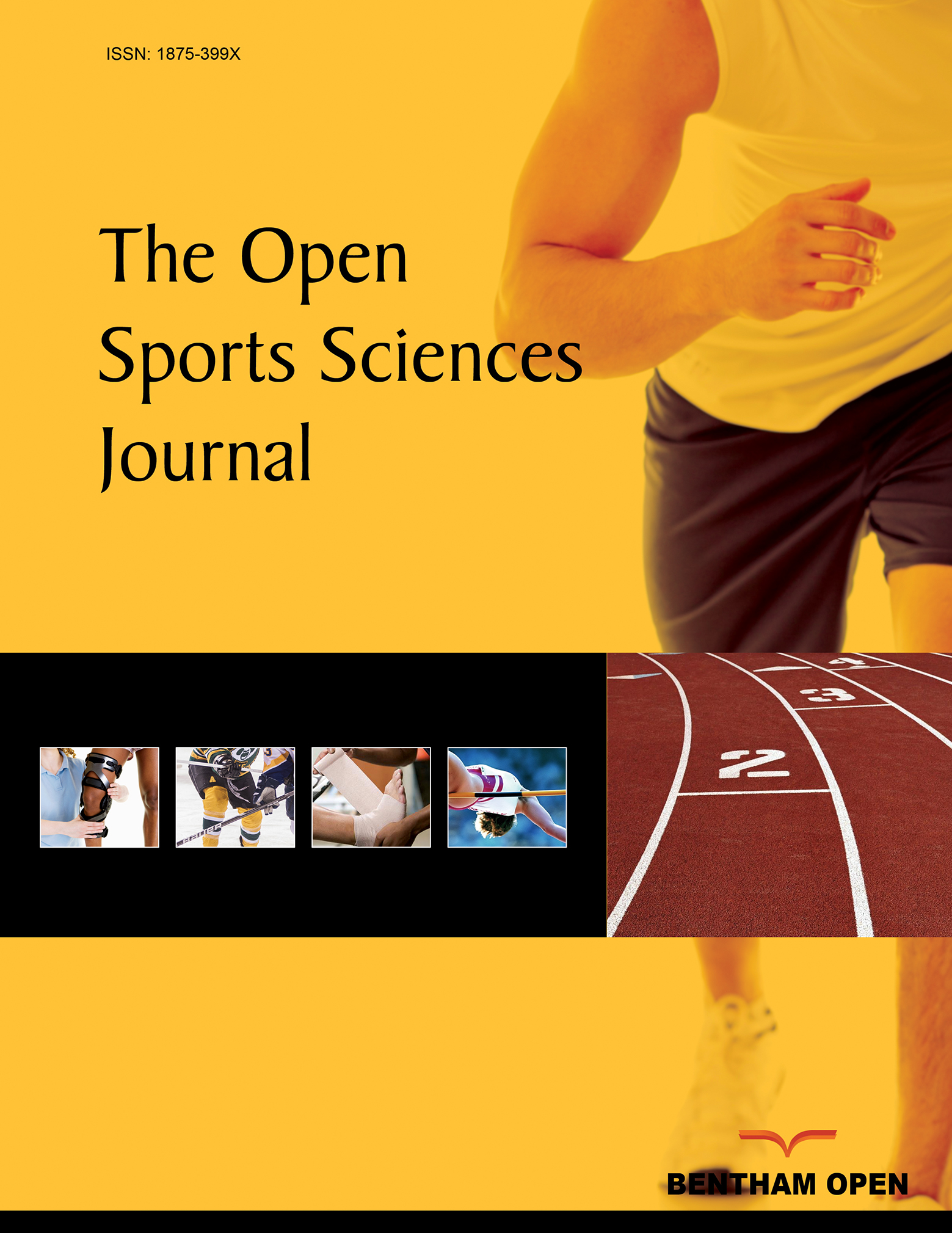All published articles of this journal are available on ScienceDirect.
Functions of Learning and the Acquisition of Motor Skills (With Reference to Sport)
Abstract
In this paper we present theoretical and operational perspectives on the functions of motor learning with refer-ence to sport skills. The data available on this issue are largely from non-sport motor skills but inferences are drawn to the link between processes of learning and their impact on the function for performance outcome over practice time. It is shown that the traditional assumption of the power law as the function of learning is not as well supported as assumed. Furthermore, there are strong tendencies for task properties to influence the functions of learning. This is most strongly revealed in contrasts of tasks that essentially require the task-relevant scaling of an already-learned coordination mode to those that require transitions and the learning of a coordination mode heretofore not produced (as is often the case with learning a sport skill). In our dynamical systems framework to motor learning the multiple time scales of change in task outcomes over time originate from the system’s trajectory on an evolving attractor landscape. Different bifurcations be-tween attractor organizations and transient phenomena can lead to a small set of functions including the exponential, power law, or S-shaped learning curves, though we interpret the power law as an idealized function of learning.


